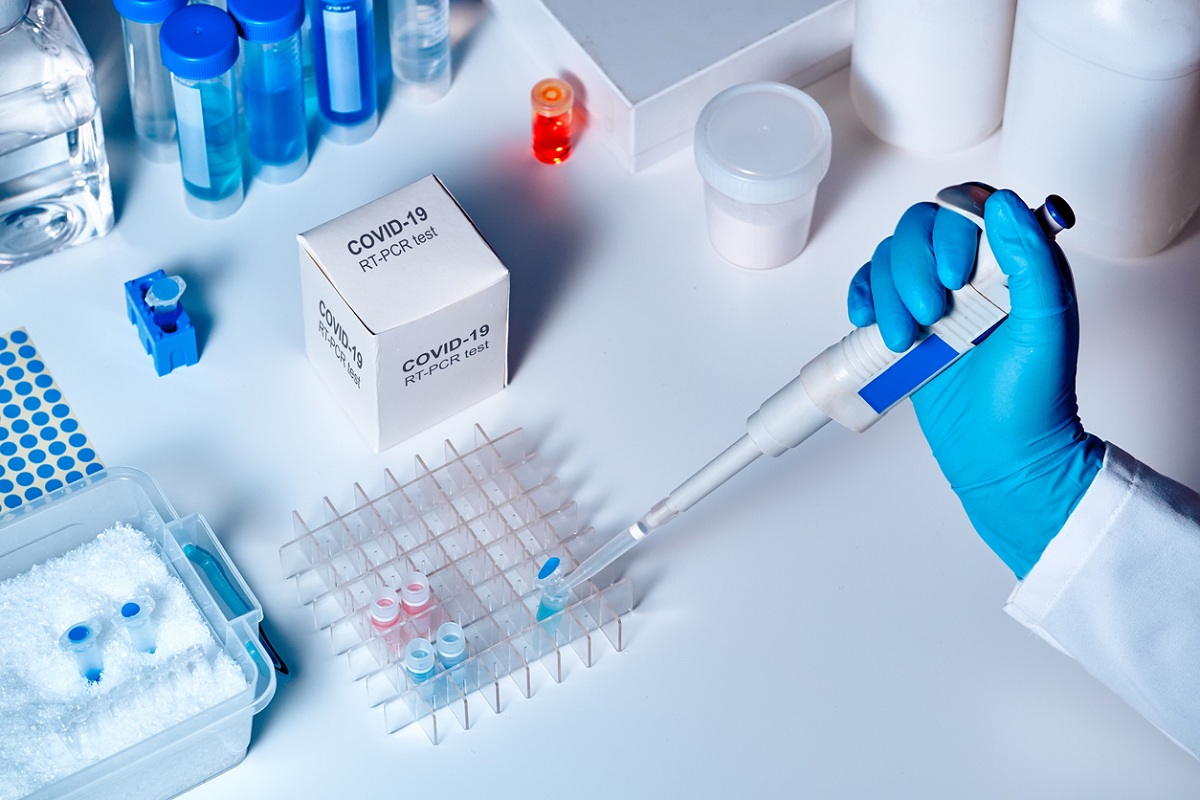Trump announces US withdrawal from World Health Organisation
Trump has long been critical of the WHO, and his administration formally withdrew from the organisation in July 2020 as the Covid-19 pandemic continued to spread.
The University of Hyderabad however, has clarified that although the research has been disseminated to the scientific community, in vitro studies are required to be conducted for establishing the findings conclusively.

In a communication to the member countries, the Regional Director said the global race for COVID-19 vaccine has gathered momentum. Representational Image (Photo: iStock)
As the world fights Coronavirus pandemic with the global death toll reaching 27,360 and the confirmed cases of Coronavirus passing 6,00,000 raising concerns across the world, there’s a ray of hope emerging from the University of Hyderabad (UoH) where a faculty member of the biochemistry department has developed a possible vaccine against the dreaded coronavirus infection.
Seema Mishra, faculty of the Department of Biochemistry, School of Life Sciences, has designed potential vaccine candidates, called T cell epitopes, against all the structural and non-structural proteins of novel coronavirus-2 (2019-nCoV) for experimental testing, according to the statement issued by UoH.
Advertisement
The University of Hyderabad however, has clarified that although the research has been disseminated to the scientific community, in vitro studies are required to be conducted for establishing the findings conclusively.
Advertisement
These vaccine candidates are small coronaviral peptides, molecules which are used by cells to trigger an immune response to destroy cells harbouring these viral peptides. Using powerful immunoinformatics approaches with computational softwares, Dr Seema Mishra has designed these potential epitopes in a way that can be used to vaccinate an entire population.
It usually takes around 1.5 years for the vaccine discovery but the powerful computational tools helped in quickly enlisting these vaccine candidates in about 10 days.
A ranked list of potential candidate vaccines, based on how effectively they will be used by human cells to stop the virus, has been generated.
These results however, have to be investigated experimentally in order to provide conclusive evidence.
The UoH has shared these results with the scientific community using ChemRxiv preprint platform for urgent experimental assays and the vaccination will take some time as further work is needed on the candidate epitopes.
“We are hopeful that our computational findings will provide a cost-and-time-effective framework for rapid experimental trials towards an effective nCoV vaccine,” the statement said.
Advertisement